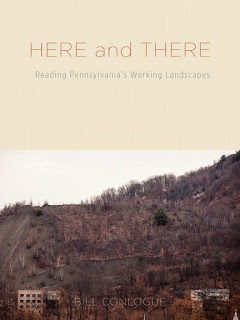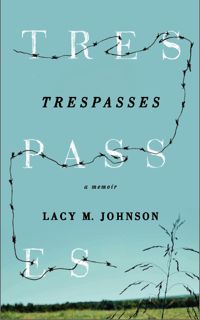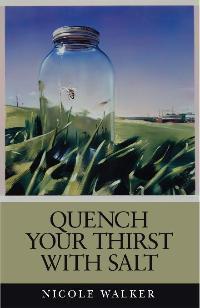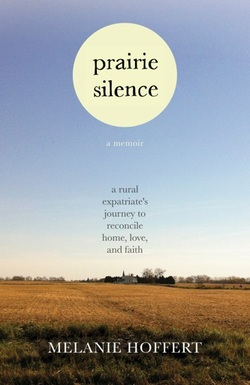
Conlogue's book is a series of essays (written as chapters) that explore the history and the land of Anthracite Pennsylvania. In his introduction, he explains that the book is written as "narrative scholarship," a type of writing that is often found troublesome in the academic world for various reasons. Although I was not familiar with this particular term, as I read through the book, I couldn't help but think that Conlogue is writing in a type of creative (or literary) nonfiction, as he blends personal narratives with historical and literary resources. For instance, he often recounts his own personal memories of growing up in dairy farm in eastern Pennsylvania or attending a college in coal-mining country and then blends these memories with current issues regarding the environment.
Conlogue's main goal is to explore a specific place (in this case, eastern Pennsylvania) and in essence, celebrate that place whether it's through personal stories, historical documents, poetry, and recent environmental studies. He explains, "To assume that every place can be any place is to endanger all places." Indeed, every chapter takes on a specific part of eastern Pennsylvania. For instance, in one chapter titled "Merwin and Mining" Conlogue investigates the trauma of coal mining -- both on humans and on the land -- using the poetry of W.S. Merwin and Jay Parini as lenses for looking at history and landscape. In another chapter, he discusses the landscape scars of the past including leftover mine debris in culm banks and acid mine drainage. (He also cites many poems by Sherry Fairchok, who wrote the book, Palace of Ashes, is one of my all time favorite contemporary poetry books).
It seems that when studying the landscape of eastern Pennsylvania, that the state's coal mining history often takes center stage. Conlogue, however, spends considerable time examining the dairy/farming industry -- a part of Pennsylvania's working-class world that is often overlooked. Because he grew up on a dairy farm, he is able to offer personal stories and insights into the world of the Pennsylvania farm. He also places his family's farm in the context of history, researching and explaining the slowly disappearing family farm, often through the building and demolishing of the barn. (When I was growing up, the barn that shouted the slogan, Chew Mail Pouch Tobacco was a common sign; now, I have to note that both the slogans and the barns themselves are slowly disappearing).
For my readers who love the Pennsylvanian world as much as I do, this is a book that belongs on your bookshelf! For those of you who do not necessarily have an interest in Pennsylvanian land and history, that is okay, because Conlogue's book is a must read for anyone who believes that there is a link between a land and its people.
For more information about this book, see The Pennsylvania State University Press's website, which also features other review of Conlogue's work.



 RSS Feed
RSS Feed
